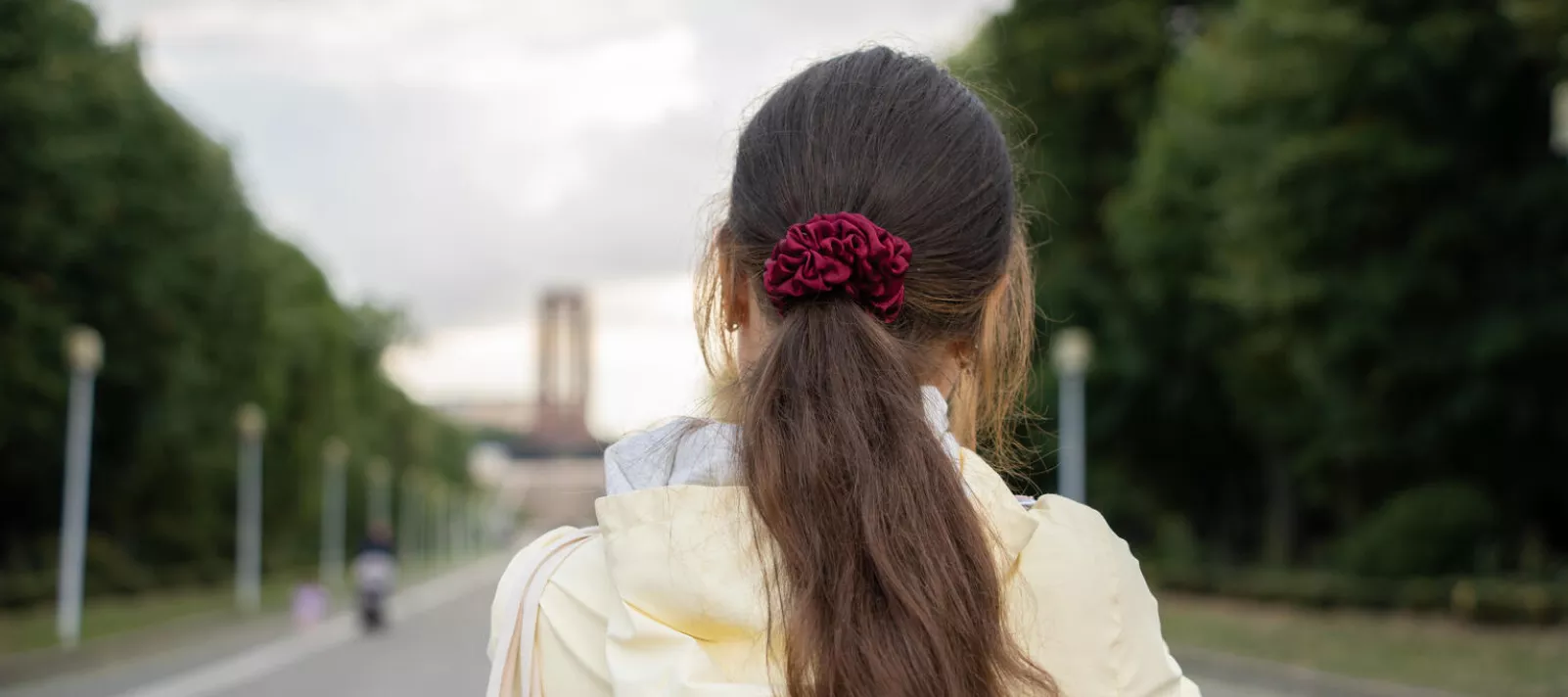Supporting girls and women who survived violence
Learn how to support survivors of violence, what to do if you faced it and how to access Helplines in Europe.

- Available in:
- English
- русский
Violence against girls and women is one of the most persistent human rights violations. All women and girls – no matter where they are from – have the right to live free from violence, feel safe, belong, be heard and receive support.
Violence is not only physical and its signs are not always immediately visible. If you are harassed or abused by a partner or anyone else, help is available.
How to support someone who has survived violence?
Listen to and believe them. Remind them it is not their fault and they’re not alone. Don't push them for details of the violence.
Encourage them to get to safety, get medical care and other support.
Respect their decisions and choices about what they want to do.
What to do if you’ve faced violence?
Please remember help is available. You are not alone and it is not your fault.
Please prioritise your safety. Try to go somewhere safe and call emergency services at 112 across Europe.
Seek medical attention. If you have suffered physical or sexual violence, get medical care as soon as possible. No matter how much time has passed, it is always good to seek medical attention.
Get other professional help. Professionals are available who can help you to cope emotionally with what you've been through.
Anti-violence helplines in Europe
Albania - 0800 40 20
Andorra - 874 800 /181
Armenia - 0800 80 850
Austria - 0800 222 555 / 116 006
Azerbaijan - 493 7039 (Law Dept) / 498 0092
Belgium - 0 800 30030 (Francophone) / 1712 (Flemish) / 0253 43636 / 106 (Flemish) / 107 (French) / 108 (German)
Bosnia and Herzegovina - 1264 / 1265
Bulgaria - 02 981 76 86
Croatia - 0800 655 222 / 0800 7799 / 116 006
Cyprus – 1440
Czech Republic - 116 006
Denmark - 1888 / 116 006
Estonia – 116 006
Finland - 080 005 005 / 116 006
France - 39 19 / 0800 05 95 95 / 116 006
Georgia - 2 309 903
Germany - 0 8000 116 016 / 116 006
Greece - 15 900 / 210 521 0645 (Athens only)
Hungary - 06 80 505 101
Iceland - 00 354 5611205
Ireland - 1 800 341 900 / 116 006
Italy - 15 22
Latvia - 673 78539 / 672 22 922
Liechtenstein - 423 380 02 03
Lithuania - 88 0066 366
Luxembourg - 2060 1060 (prefix 00352)
"The former Yugoslav Republic of Macedonia" - 070 141 700/075 141 700
Malta - 179
Moldova - 0 800 88 008
Monaco - 377 92 05 95 05
Montenegro - none
Netherlands - 0800 2000 / 116 006
Norway - 800 40 008
Poland - 8001 200 02 / 888 88 33 88 / 600 07 07 17 9 / 22 668 70 00
Portugal - 800 202 148 / 116 006 / 3060 (SMS only)
Romania - 0800 500 333 / 0787 541 854
Russian Federation - 8 800 7000 600
San Marino - 800 738 738
Serbia - 0 800 100 600
Slovakia - 0800 212 212
Slovenia - 080 11 55
Spain - 016 / 682 916 136
Sweden - 020 50 50 50 / 116 006
Turkey - 155 / 156 / 183
United Kingdom
England - 0808 2000 247 / Northern Ireland - 0808 802 1414 / Scotland - 0808 027 1234 / Wales - 0808 80 10 800
Ukraine - 0 800 500 335 or 116 123 (Mobile)
Source: Council of Europe
7 actions for gender equality
Violence against girls and women is rooted in gender inequality. We can all work towards a more equitable world. Here is what we can do in your daily life:
- Reflect and question our prejudices
- Take a stand against sexist and discriminatory behaviours
- Encourage every child to pursue their dreams beyond gender stereotypes
- Share the domestic workload
- Find out about gender issues by listening to different points of view
- Spread the culture of consent, where there is always free and full agreement to have any kind of relationship
- Listen to, do not judge and believe GBV survivors. Provide useful information such as helpline numbers


